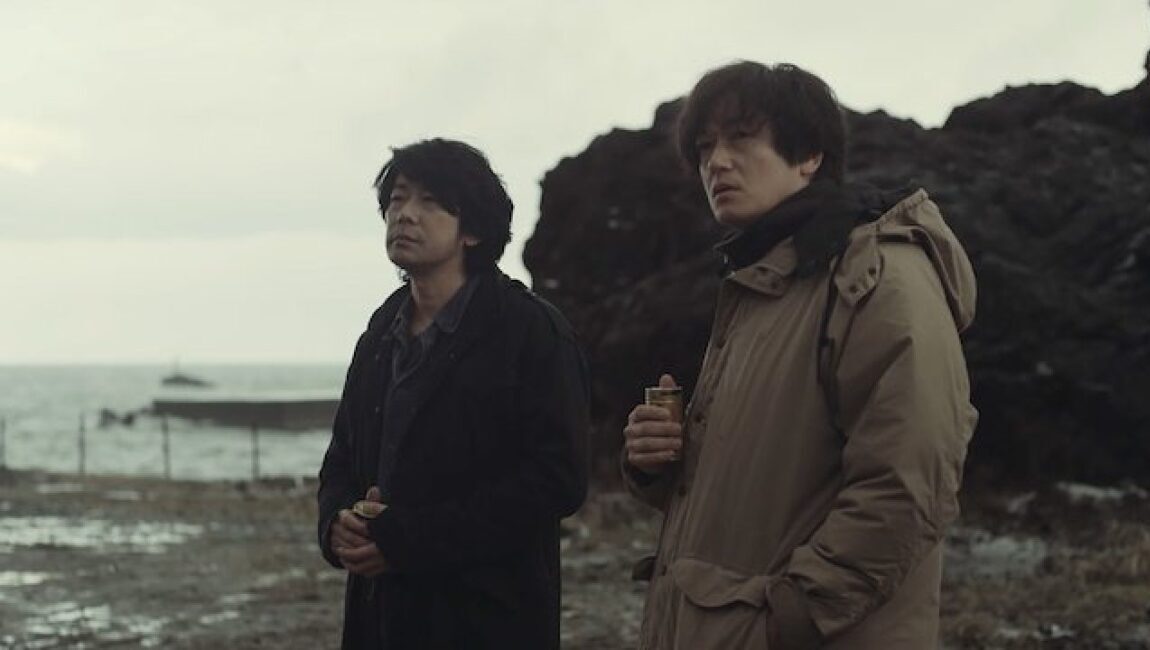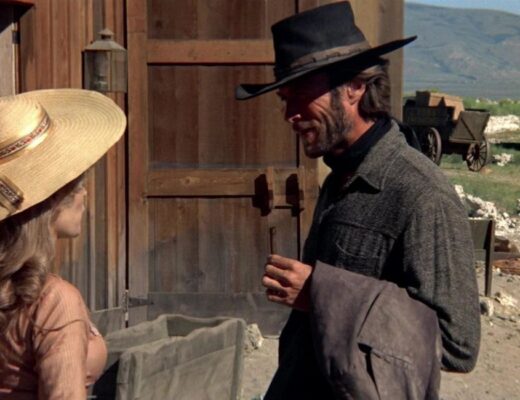Sayaka Kai’s Red Snow opens with a small, obscured figure running through a blizzard, their red jacket a blurry smear against a field of white. The figure runs down a snowy road, surrounded by abandoned buildings, and turns a corner. The camera follows, with an unbroken tracking shot, but when it turns the corner, the figure vanishes. Still another figure enters from frame right and begins slowly traversing the grounds. Suddenly, a jarring match cut takes us to another figure, in a different place and — as we will slowly realize — another time. Are these versions of the same person? The viewer is immediately thrust into an icy, dilapidated milieu, the subjectivity of the camera representing a rupture between past and present, as memories and fantasies collapse in on themselves in the face of an inconceivable trauma. Thirty years ago, a little boy went missing. A local woman is brought up on charges and sent to trial, but is acquitted. Fast forward to the present, when a reporter (Arata Iura) is investigating the old cold case. He finds the missing boy’s older brother, Kazuki (Masatoshi Nagase), and together, they track down Sayuri Eto (a mesmerizing performance by Nahana), the now-adult daughter of the original suspect.
This all makes for a beguiling mystery, with a disquieting, somnambulistic rhythm; every character is trapped in a fugue state of sorts, haunted by memories of abuse. This is true crime by way of Kiyoshi Kurosawa, but Kai, in her feature length directorial debut, is no copycat. She has complete control of her camera, repeating movements and gestures and creating visual motifs, alternating woozy closeups with static master shots. At one point, someone mutters “What actually happened and what we remember are two different things.” Red Snow lives in that ambiguous, in-between, liminal space, as Kazuki and Sayuri collide in a violent antagonism over their respective versions of The Truth. This an auspicious debut for Kai, a mesmerizing, haunting, even horrifying tour de force, and a darkly poetic reverie for innocence lost. In other words, an absolute must-see.
Published as part of Japan Cuts 2019 | Dispatch 2.







